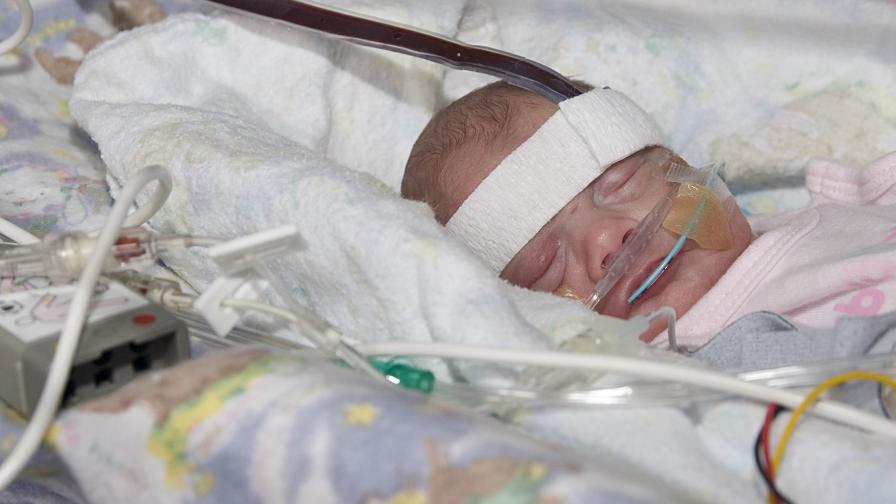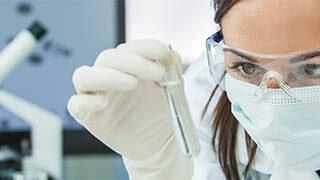
SurePulse Sensor
That adds up to a staggering 68,000 newborn babies each year, around 180 babies every day.
A new sensor designed to help in those crucial minutes just after birth, when every second counts, promises to make a huge difference. It has the potential to prevent brain damage in newborn babies whose lungs or heart need a kick start after birth, and it might even save tiny lives, all by making resuscitation simpler and more efficient.
The new hands-free technology, developed by a team led by Professor Barrie Hayes-Gill from the University of Nottingham, allows doctors and nurses to reliably and continuously monitor a newborn baby’s heart rate to check whether resuscitation efforts are successful. It offers an alternative to more traditional approaches to monitoring heart rate, which can interfere with resuscitation, be unreliable or are prone to human error.
The sensor, called SurePulse (previously known as the HeartLight sensor), was developed, tested and shown to be safe and reliable for use in over 70 newborn babies, in key initial studies funded by a research grant of £115,697 from Action Medical Research (grant reference SP4183). Since these initial studies, it has undergone further development and testing in a larger number of babies. The results have been highly promising and SurePulse was introduced in hospitals throughout Europe from January 2019, with roll out planned in the USA during 2023.

